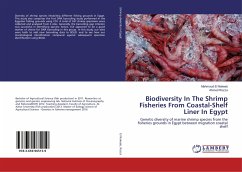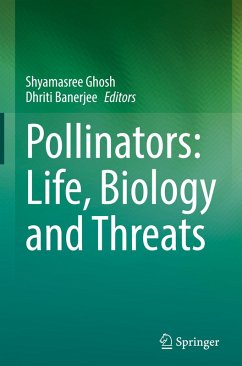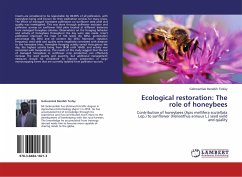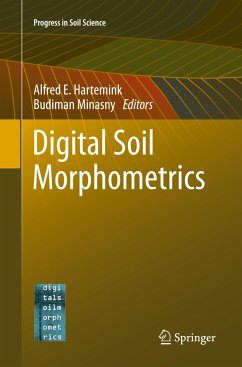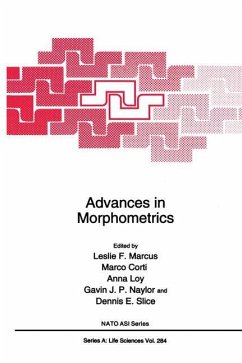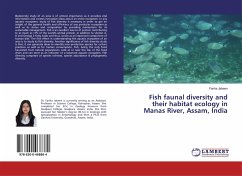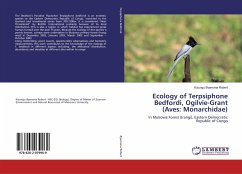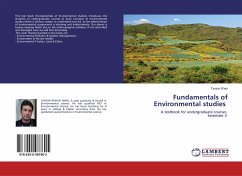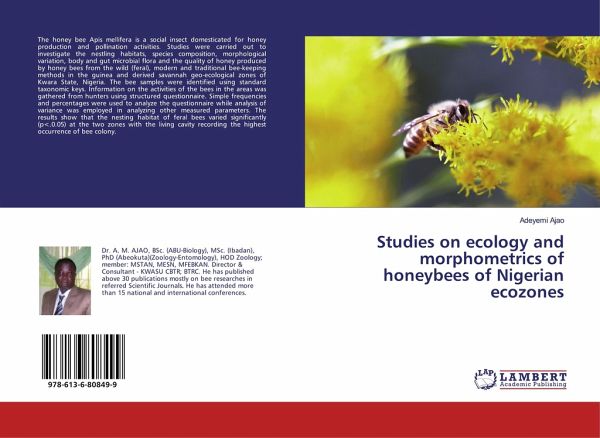
Studies on ecology and morphometrics of honeybees of Nigerian ecozones
Versandkostenfrei!
Versandfertig in 1-2 Wochen
26,99 €
inkl. MwSt.

PAYBACK Punkte
13 °P sammeln!
The honey bee Apis mellifera is a social insect domesticated for honey production and pollination activities. Studies were carried out to investigate the nestling habitats, species composition, morphological variation, body and gut microbial flora and the quality of honey produced by honey bees from the wild (feral), modern and traditional bee-keeping methods in the guinea and derived savannah geo-ecological zones of Kwara State, Nigeria. The bee samples were identified using standard taxonomic keys. Information on the activities of the bees in the areas was gathered from hunters using structu...
The honey bee Apis mellifera is a social insect domesticated for honey production and pollination activities. Studies were carried out to investigate the nestling habitats, species composition, morphological variation, body and gut microbial flora and the quality of honey produced by honey bees from the wild (feral), modern and traditional bee-keeping methods in the guinea and derived savannah geo-ecological zones of Kwara State, Nigeria. The bee samples were identified using standard taxonomic keys. Information on the activities of the bees in the areas was gathered from hunters using structured questionnaire. Simple frequencies and percentages were used to analyze the questionnaire while analysis of variance was employed in analyzing other measured parameters. The results show that the nesting habitat of feral bees varied significantly (p<.0.05) at the two zones with the living cavity recording the highest occurrence of bee colony.



